Afrodite: Untangling the Routes of Black Women’s Hair
Hair discrimination is an issue that affects Black women’s experiences at work, in education, and society in general. Lurraine Jones looks at the politicization of Black hair and microaggressions experienced by Black women.

For the vast majority of Black women and girls, hair is not just hair; it contains emotive qualities that are linked to one’s lived experience and identification. Historically, hair has held significant roles in traditional African societies, including being a part of some language and communication systems. For instance, during the fifteenth century, African people such as the Wolof, Mende, Mandingo, and Yoruba ethnic groups used hairstyles as means to carry messages or as status symbols, such as denoting age, religion, social rank, and marital status. One of the unique features of African-textured hair is its ability to be sculpted and molded into various shapes and forms hence, while hair may play a significant role in the lives of people of all racialized groups, for people of African descent, this role is amplified due to the unique nature and texture of Black hair.
Since antiquity, Black hairstyles have been known for their complexity and multifaceted nature, a notion that continues today. However, African textured hair in its natural state has and is often negatively marked for its (negative) ‘difference’ to Caucasian hair. Many Black women have wrestled with the concept of ‘good vs bad’ hair as far back as the beginning of the mid-1800s when the European enslavement of African peoples was a system. Through European colonization, Christianity, and the enslavement of African peoples, light features like blonde hair, blue eyes, and fair skin were believed to be physical manifestations of ‘the light of God’. To justify the enslavement and inhumane exploitation of Black people, enslavers dehumanized them, including referring to their hair as ‘woolly’ or with other animalistic terms (which is why asking to touch a Black person’s hair is so egregious) or simply shaving it all off. This meant that tightly coiled tresses were considered deplorable when pitted against the long, straight European hair that was considered attractive. In this way, colonialism gave capitalism a brilliant business model to follow as it illustrated just how easy it is to profit off deep-seated insecurities stemming from a lifetime of being treated as ‘less than’.


One of the unique features of African textured hair is its ability to be sculpted and molded into various shapes and forms. Hence, while hair may play an important role in the lives of people of all races, for people of African descent, this role is amplified due to the unique nature and texture of Black hair. Black women need to cherish their African-textured hair because it is a symbol of their identity and heritage. It is a way to connect with their ancestors and their culture. It is a way to celebrate their beauty and their uniqueness. It is a way to embrace their natural selves and reject the Eurocentric beauty standards that have been imposed on them for centuries.
In conclusion, Black women should be proud of their African-textured hair and should embrace it as a part of their identity. They should not feel pressured to conform to Eurocentric beauty standards that do not reflect their unique beauty. They should not feel ashamed of their hair or feel the need to alter it to fit in. They should celebrate their hair and all that it represents. By doing so, they can empower themselves and inspire others to do the same.
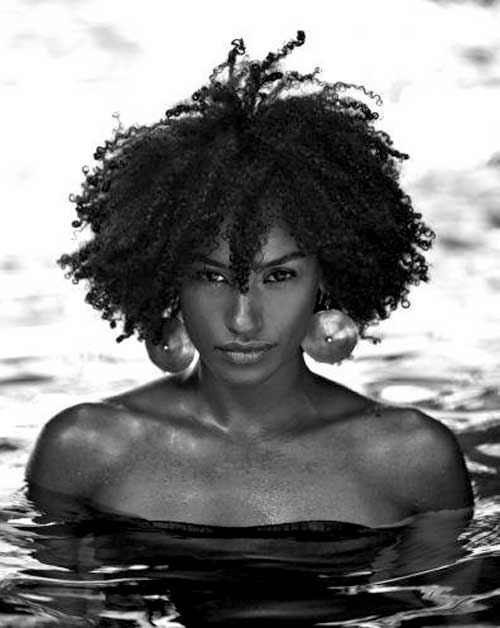



Natural Hair on a Nubian queen is paramount to show true Black beauty. Once black women cover up their natural grade of hair in order to look more European, their beauty actually diminishes. That’s because even when we emulate beauty, we are trying to copy something that actually exists. We want it to seem real. When Black women wear their hair in European hairstyles, they are creating a false sense of beauty. What it ends up looking like is a cheap knockoff of the real thing. That’s because that’s actually what it is. European hairstyles do not suit black women.
The reason that also makes the hairstyles look like cheap knockoffs of European culture is that a standard of beauty has been set… one that proclaims that European beauty is the supreme source of beauty, and anything that differs from natural black beauty can never be the standard form of beauty. If this wasn’t the case then the issue would not be so big. The reason the issue is big is that black women feel secondary to the illusion of white beauty. Therefore, wanting to compete, they copy European styles. This comes from low self-esteem and the need for validation which is ever so present in the Black community.


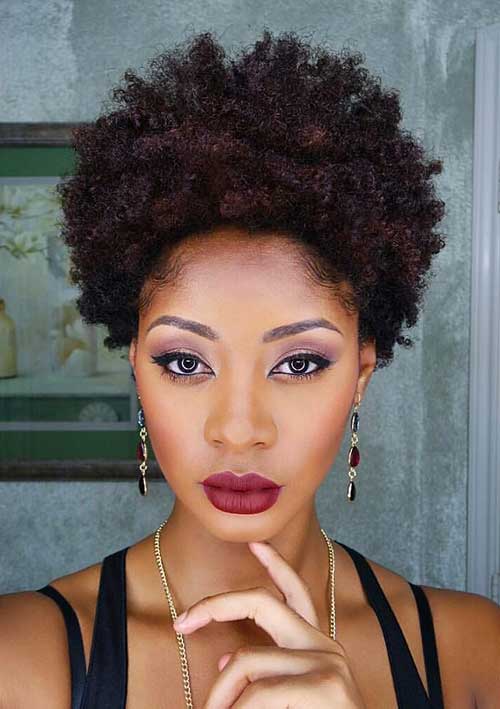

When Black women claim that they wear European hair as a fashion or style, that is a lie. They in fact, are emulating a beauty that is natural for Europeans and impossible for Black women. Weaves and extensions look as crazy on Black women as Jerry Curls and activators looked on Black men when these styles were prevalent in the Black community. Most people know that the hair is fake and that Black women copy European traditional hairstyles because they don’t feel that their natural beauty is as appealing. These women can never be completely beautiful because of the notion that they are not naturally beautiful, like White people.
Many Black women are waking up and becoming more natural. They are not spending money on weaves as much and soon, when Black women wake up, they will learn that the only people they should be emulating are themselves because Black beauty is real and it’s amazing.
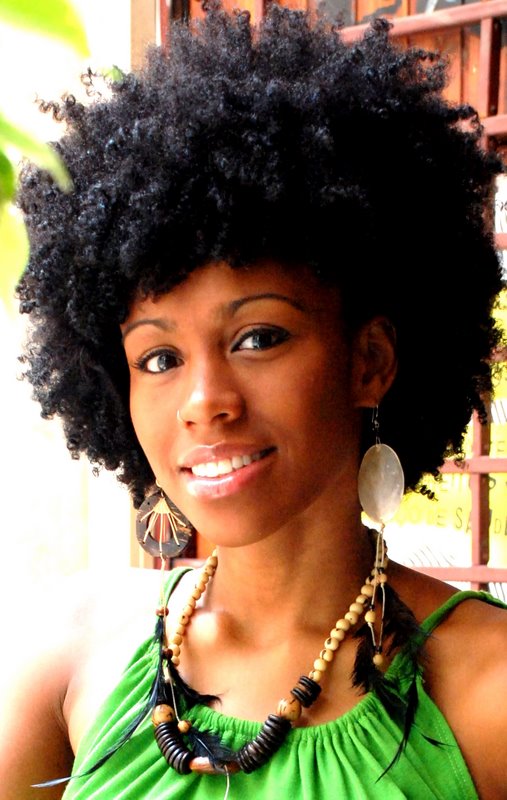

The first step for Black women to show that they love themselves and don’t consider themselves second to European beauty is by wearing natural hair. Otherwise, like a child who imitates their favorite celebrity, Black people are doing nothing more than worshiping traits that are not found in Black people. It’s a way of saying that Black women are not special because they would rather copy features they don’t have instead of embracing the features that they possess. Through the eyes of anyone who is non-black, it’s a desperate attempt to validate themselves and possess a beauty that is not given to them by God or nature. It’s almost an acknowledgment of a more non-black supreme beauty. How and why should anyone think of Black women as the standard for beauty when all they are doing is copying traits that they don’t naturally possess?
It’s time for black women to start embracing their natural beauty. It’s time for Black women to show the world and show their children that they love themselves, because once they can show that they love and respect themselves, then their children can also love and respect them. But if they show their children that their beauty is imperfect, then why wouldn’t the men choose the real thing, rather than a cheap knockoff of people who actually have less attractive traits?
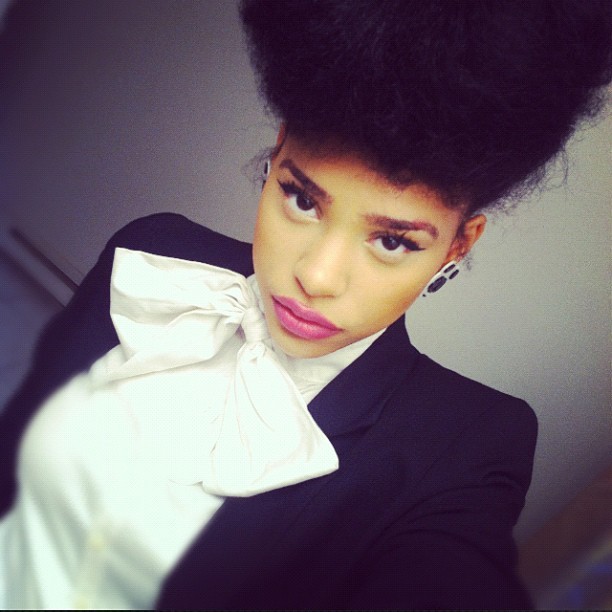









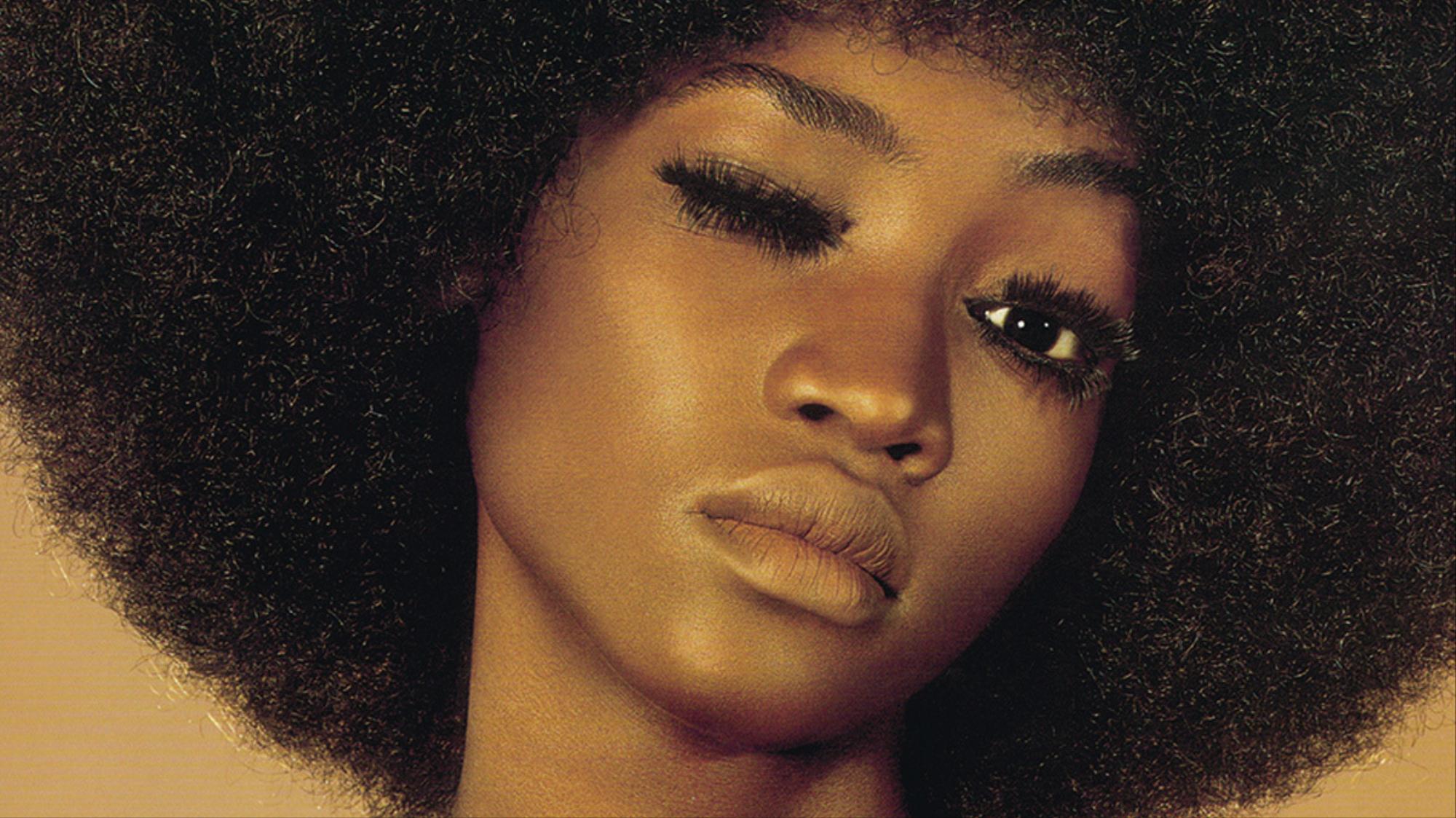





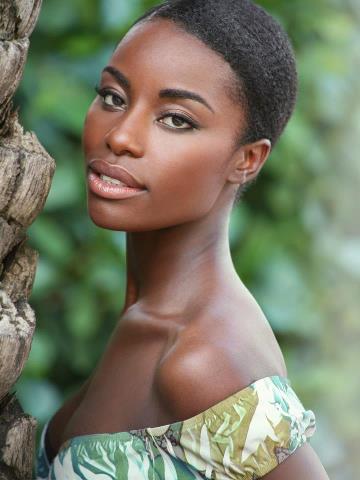



When White people ask to touch your hair, it’s because they love it and are mystified by how mysterious and fascinating your hair is, Black women. They don’t understand why you are so ashamed of your natural hair, and these days they are intrigued because you hardly get to see Black women with natural hair these days. Nine of ten Black women wear weaves. And this is a sign that there is a serious self-worth affliction going on in the minds of Black women across the planet. From America to Africa. You are concealing your beautiful Black hair. That is sad.


Black women need to learn that there is nothing wrong with wearing natural hair. Black women need to see the beauty in their own nappy curls and raise their daughters to cherish their own natural hair. Not raise their daughters to cover up their hair in shame and try to look European, when they were not born European. Black women need to learn to have pride again and not only to accept themselves for who they are but embrace who they are and be proud of who they are. Because God did give these women flawed straight hair. He gave them coarse and beautiful nappy curls. Black woman’s hair is the most exotic hair on the planet. No other woman can get her hair to look like a Black woman without going through tons of hoops and hurls.
There is Nothing More Divine Than A Natural Black Woman!


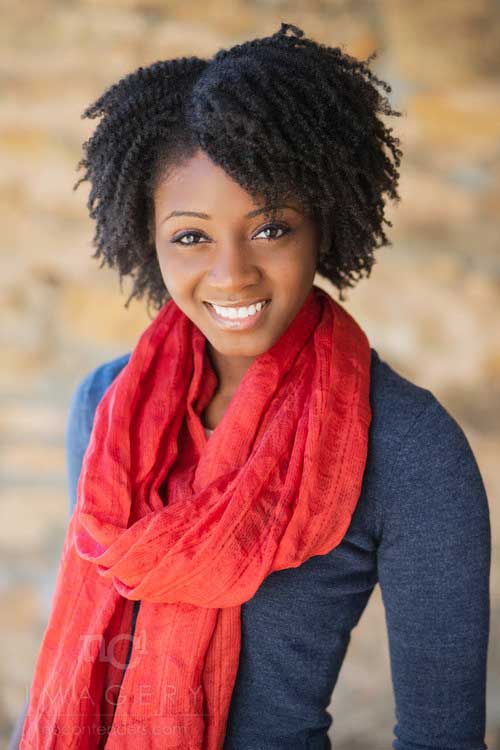

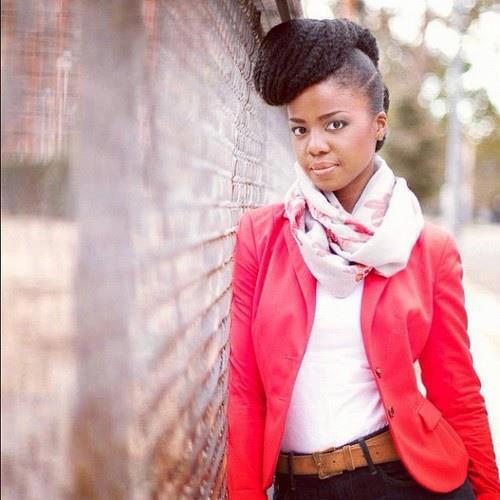








































It is crucial for black women to appreciate their hair and other unique attributes because these elements are integral to their identity and cultural heritage. Embracing and celebrating their natural hair texture and distinctive features fosters self-love, confidence, and a strong sense of cultural pride. It challenges societal norms that may have perpetuated Eurocentric beauty standards, encouraging black women to redefine beauty on their own terms. Additionally, embracing one’s uniqueness promotes diversity and inclusivity, contributing to a more accepting and empowered society that values individual authenticity.